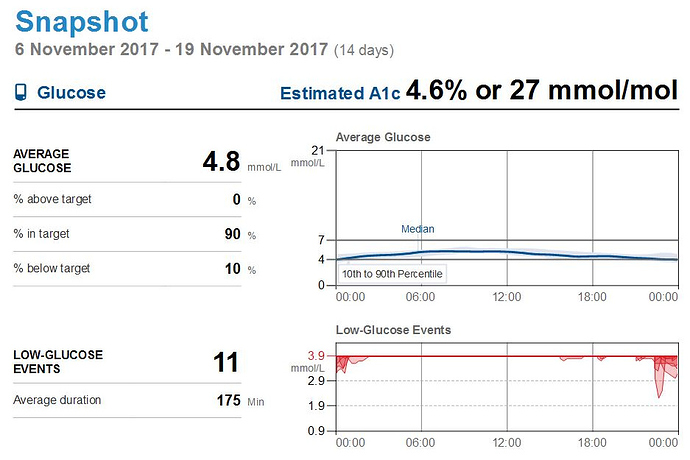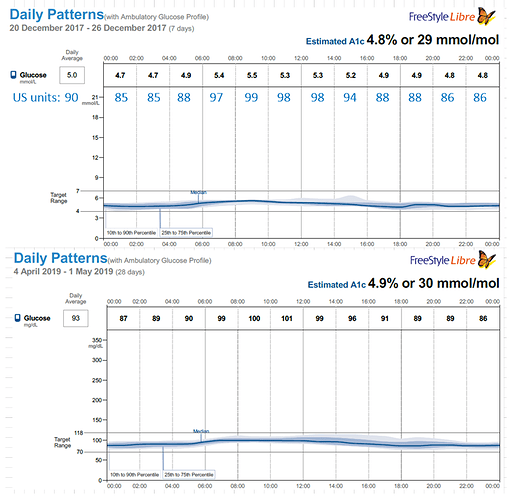Hi. This is my third time around doing the keto lifestyle, and ive incorporated intermitted fasting/time restricted eating into my routines. I usually have my first meal around 1800/6pm and finish eating around 2200/10pm. I typically have two moderately sized porkchops or equally sized beef slices together with a medium sized cauliflower, brussel sprouts or broccoli. I like to throw a carrot in there as well 
On the side I typically have high fat creme fraische (35% fat), and I might consume 100g of that.
My 2nd meal (which is my last) is typically a serving of home made yogurt (l.bacillus reuteri) with a tsp of low sugar strawberry jam (6g carbs per hundred). I might also have a small serving of cubed cheese.
I work out 3-5 times a week in a combination of cardio and strenght. My sessions typically are 15 minutes of cardio (target pulse 140-160), 45 minutes of strenght and another 15 minutes of cardio to end my session.
Ive been in keto since mid-august 2021, and lost about 17 kg so far.
So, I bought myself a blood ketone and blooodsugar measurement equipment. The test strips are quite expensive, but I wanted to measure my values throughout a typical day. My tests were conducted intermittently over a few days about 3 months into ketosis, and then during a single day I measured ketones and blood sugar values after I woke up in the morning, at noon, at 1400/2pm, at 1700/5pm (just before training), at 1900/7pm (just after training) and then 90 minutes after my meal.
I noticed the following:
My blood sugar is very stable, and all measurements were between 4.6 to 5.5. My blood ketones were surprisingly low compared to the urine keto-sticks I’ve been using so far (which all have been the darkest color): 0.4 - 2.5. I was quite surprised to learn that my lowest ketone levels were after my exercise (which was done fasted).
This is my question: From my understanding the body cant really use both carbs and ketones at the same time, in a way. So I guess that during exercise my body was drawing sugars from my muscles and liver, and therefore my ketone production went down (after exercising for about 1h15m, fasted). Can someone help shed some more light on the mechanics going on inside my body for this to happen? What happens if I utilize all my sugars and dont have any left. Will my body collapse?
I guess what happened to me is normal, but are there any dangers related to this? I mean, I would be more comfortable if my body would just keep making ketones and use them for fuel since there is no danger of me running out of fat stores in the near future (im still 97kg and around 24% body fat, so I have plenty of fuel stored haha). Or is that actually what happened - the reason I measured so low level of ketones after my exercise was that the body had already burned them?
Thanks a lot for your help on this!


